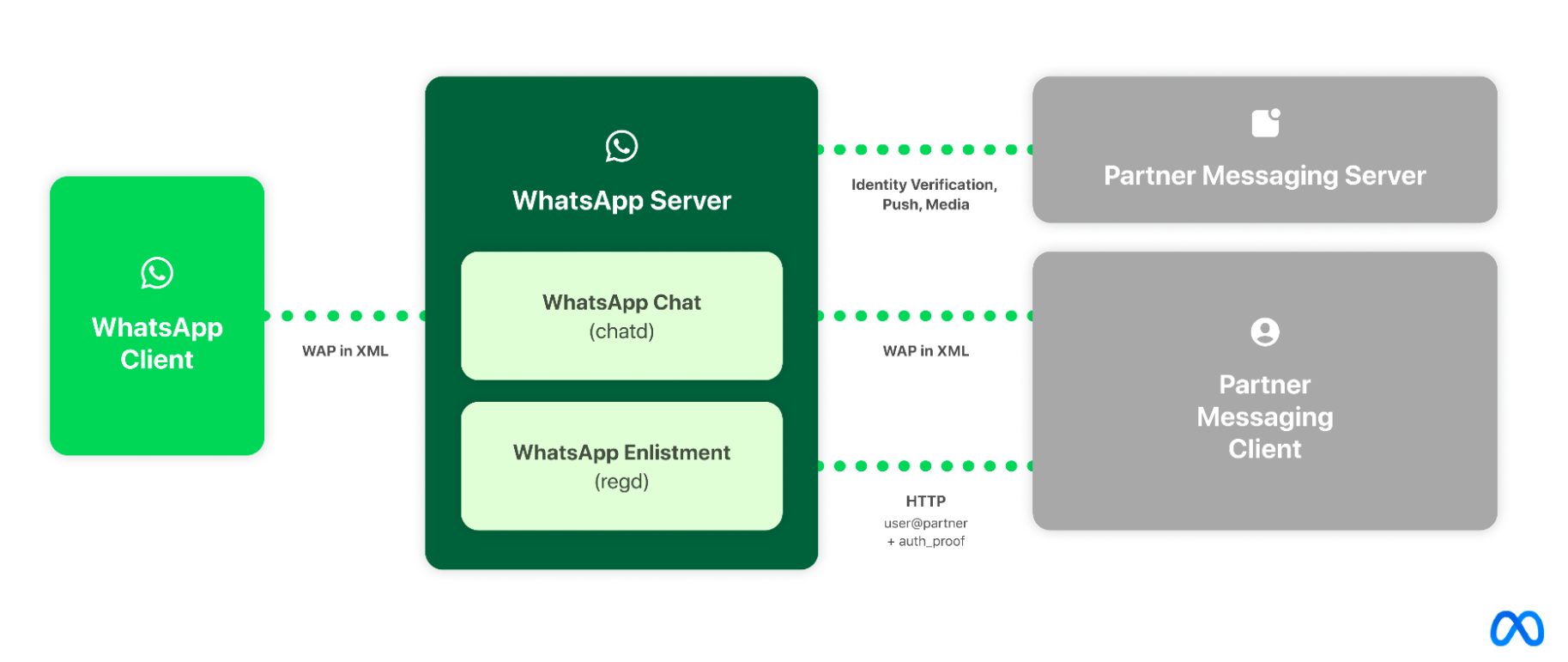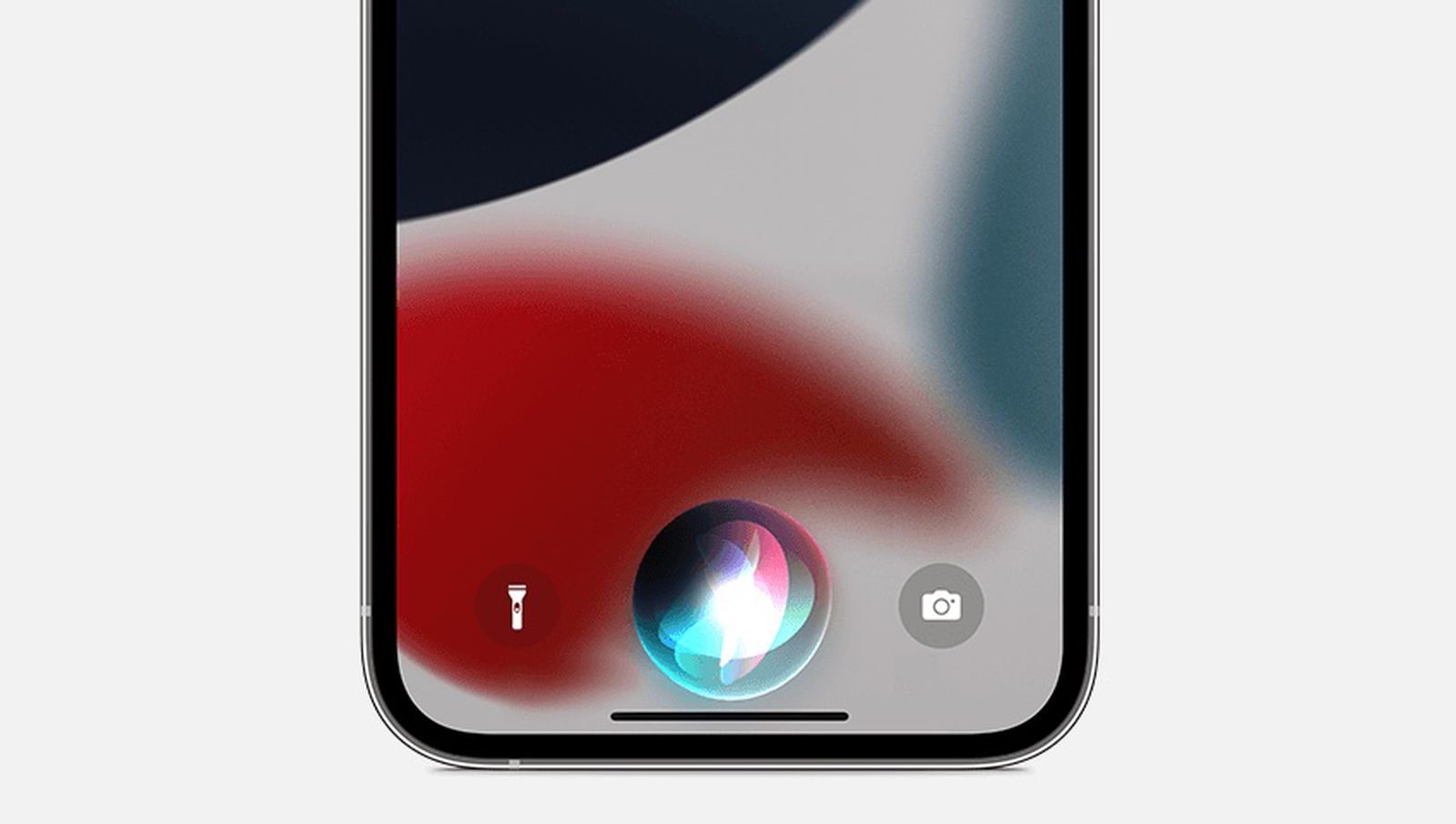
Meta Rolls Out Messaging Interoperability to Comply with EU Law
To comply with the Digital Markets Act (DMA) set to take effect on March 7th in the EU, Meta has made significant changes to WhatsApp and Messenger to facilitate interoperability with third-party messaging services.

The DMA mandates designated messaging services to allow third-party messaging services to achieve interoperability, provided they meet specific eligibility criteria, including technical and security standards.
Users of third-party providers opting for interoperability will be able to exchange messages with opted-in users of Messenger or WhatsApp. Both platforms have been designated by the European Commission (EC) to independently provide interoperability to third-party messaging services.
For nearly two years, Meta has collaborated with the EC to implement interoperability in compliance with the law while prioritizing user security and privacy.
Initially, the requirement focuses on one-to-one text messaging, sharing images, voice messages, videos, and other attachments between individual users.
Third-party providers seeking interoperability will sign agreements with Messenger and/or WhatsApp. Meta will work closely with these providers to enable interoperability, ensuring compliance with technical specifications.
WhatsApp and Messenger both utilize the Signal protocol for encryption, ensuring secure communication. While Meta encourages third-party providers to use the Signal protocol for maximum security, compatible protocols offering similar guarantees will also be considered.

To send messages, third-party providers construct message structures encrypted using the Signal Protocol and packaged into XML message stanzas. Meta servers then deliver messages to connected clients, with third-party servers hosting media files sent by their client applications.
It’s crucial to note that Meta’s E2EE promise requires control over both sending and receiving clients, ensuring privacy. However, without ownership of both endpoints, Meta cannot guarantee the handling of messages by third-party providers.
Meta emphasizes transparency, providing users with clear information about interoperability and its implications for messaging privacy as more and more users become part of its interoperable network.

